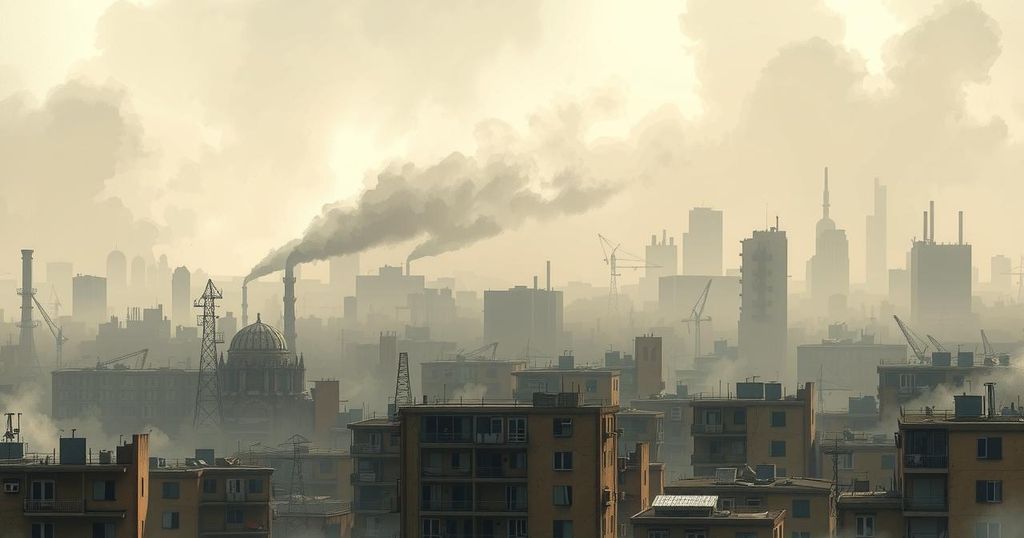Syrians Celebrate a New Era Following the Fall of the Assad Regime
The Assad regime fell on December 8, 2024, leading to widespread celebrations across Syria. Citizens commemorate the uprising that began in 2011, gathering in key locations to express hope for a new era. Despite the triumph, challenges remain, including addressing internal discord and international relations, particularly with Israel.
On December 8, 2024, the Assad regime officially fell after 50 years in power, prompting widespread celebrations across Syria to mark the anniversary of the initial uprising in 2011. The movement began in Daraa, where citizens protested against the regime, which responded with violent repression. As news of the regime’s collapse spread, residents gathered in significant locations such as Umayyad Square in Damascus to commemorate this pivotal moment in Syrian history, indicating the start of a new chapter for the nation.
Among the celebrations, Syrian state media SANA highlighted the historic gatherings, stating that this was the first occasion since the regime’s fall where citizens united in Damascus to celebrate the revolution’s anniversary. Numerous citizens, including those returning from abroad, joined in the festivities, showcasing a collective spirit of hope and renewal. Participants expressed their joy while remembering loved ones who perished during the regime’s violent crackdown.
Individuals such as Mohammad Shafter shared their emotions about the celebration, indicating both joy and sadness for those lost during the struggle. Rawan Ahmad from Deir ez-Zor proclaimed that with the demise of the regime, a new revolution focused on reconstruction and justice should commence. Others, including Wael Abu Fadil from Daraa, emphasized the importance of establishing transitional justice to honor the martyrs and ensure that the achievements of the revolution are complete.
In cities like Homs and Hama, residents organized light shows, fireworks, and vehicle processions to articulate their defiance against years of oppression. Despite the triumph, many Syrians acknowledge that significant challenges lie ahead, including addressing drugs trafficking and internal discord. Furthermore, they must navigate international relations, particularly tensions with Israel, as the IDF has heightened its presence along the Golan Heights border in response to potential threats from Syria.
Additionally, the new government is exploring pathways for sanctions relief to aid in the nation’s recovery. As articulated by UN Under-Secretary-General for Peace Operations Jean-Pierre Lacroix, there is a need for respect toward prior agreements aimed at maintaining peace and stability in the region, which could influence the path forward for Syria in the international arena.
The conclusion of the Assad regime marks a significant turning point for Syria, as citizens visibly celebrate their newfound freedom while also reflecting on those lost during the uprising. There exists a strong desire for reconstruction, justice, and unity among the populace as they navigate the future. Simultaneously, challenges such as internal divisions and international pressures remain pivotal issues that the new Syrian government must address to secure its future.
Original Source: www.jpost.com




Post Comment